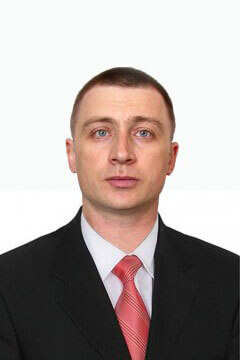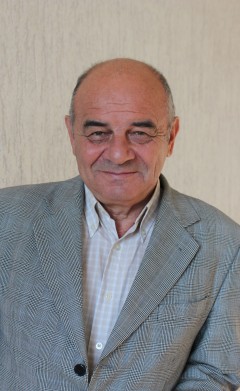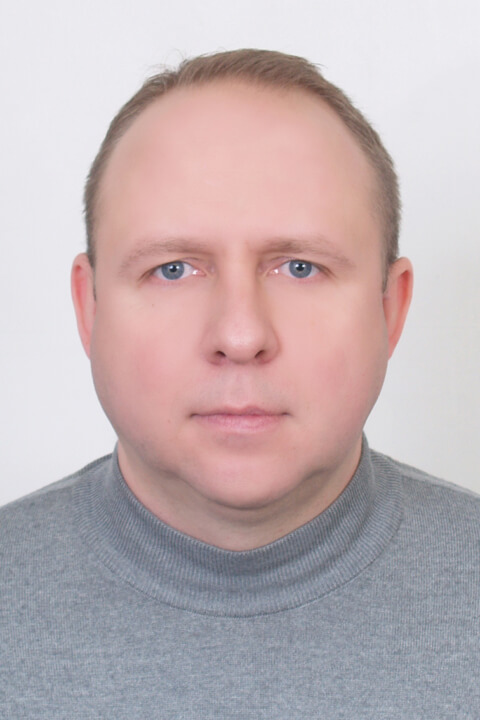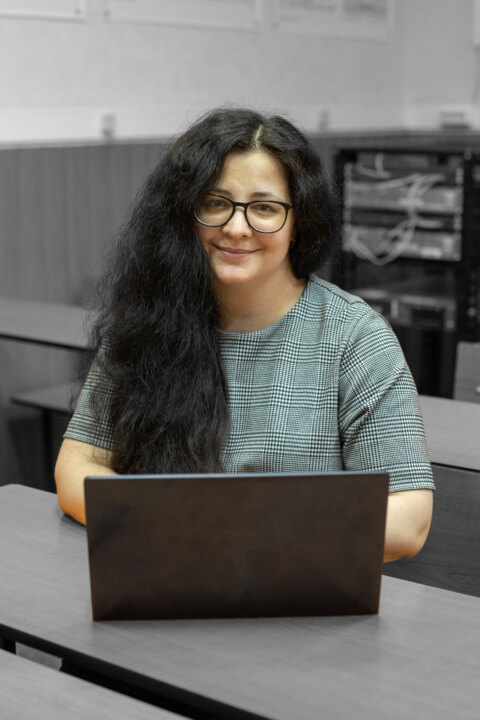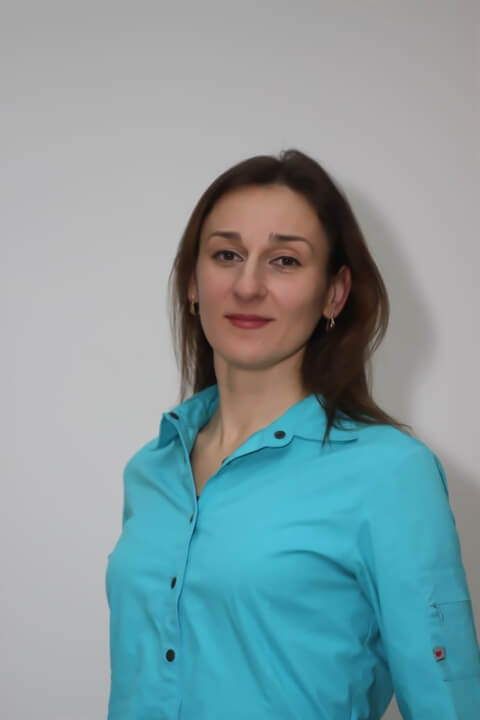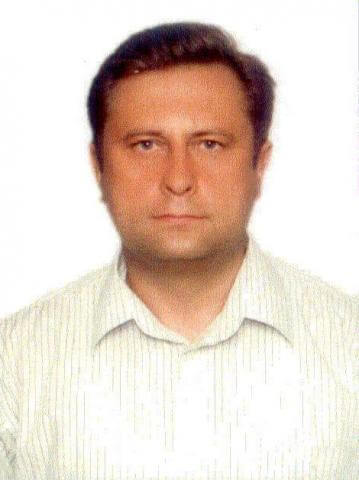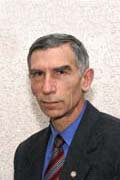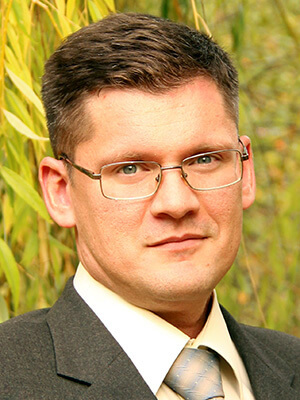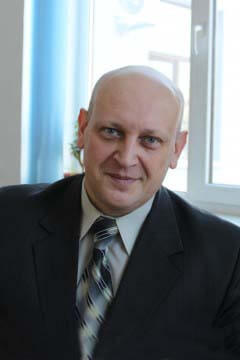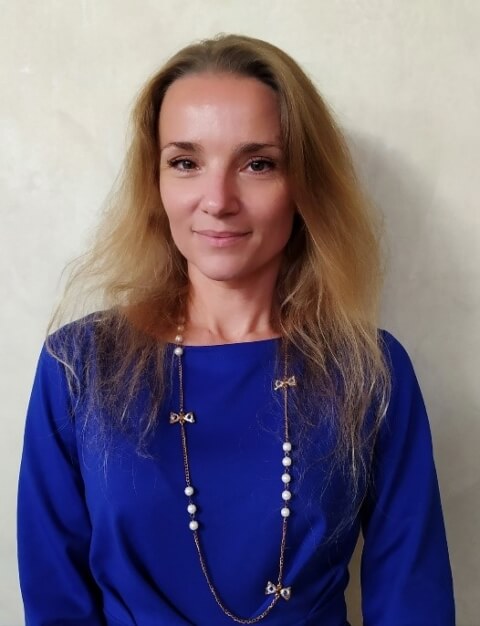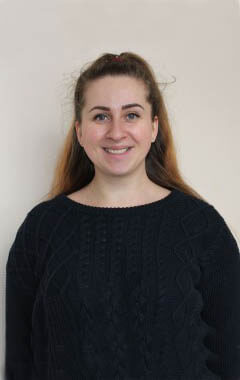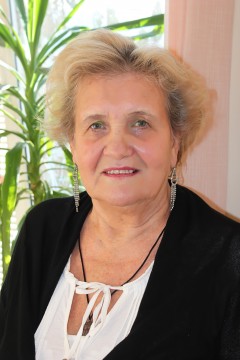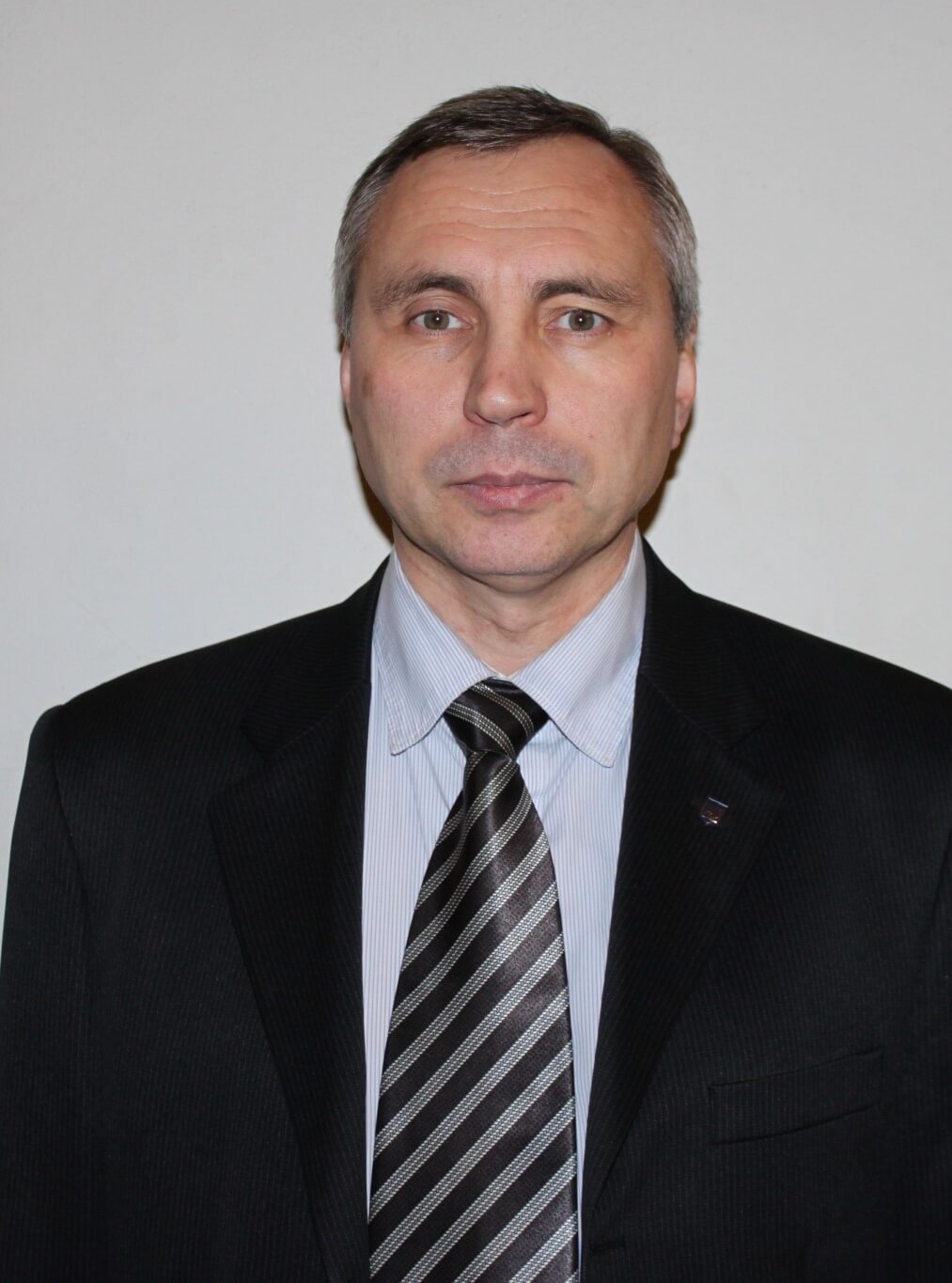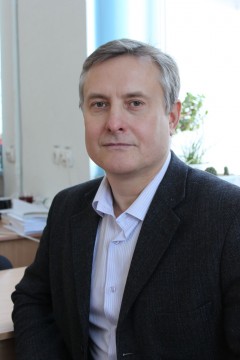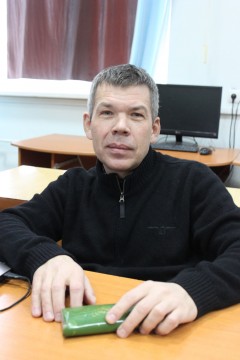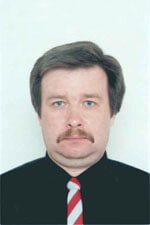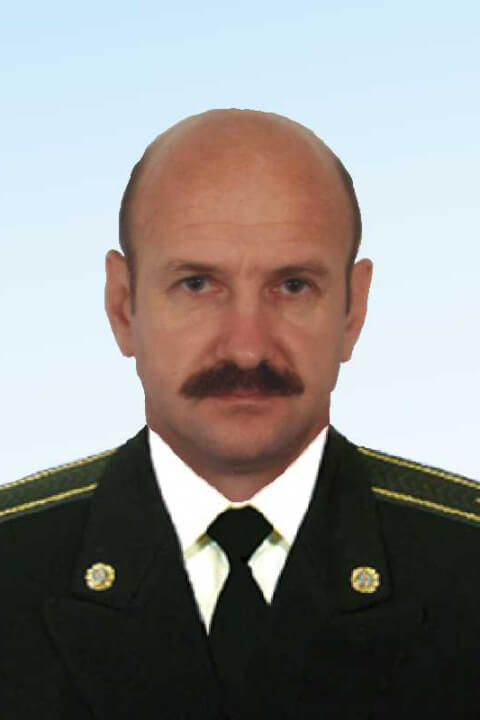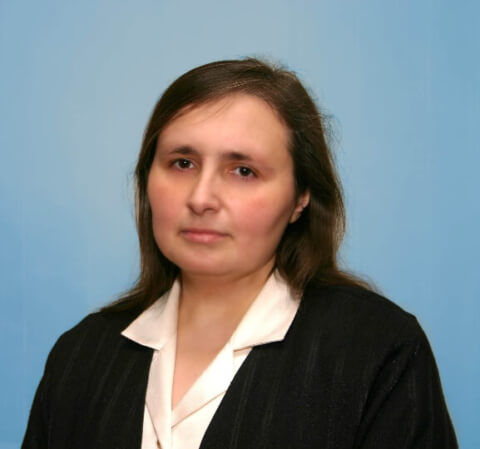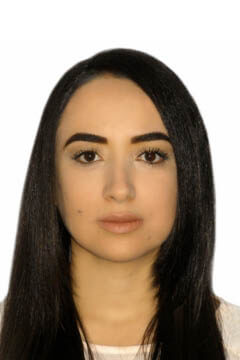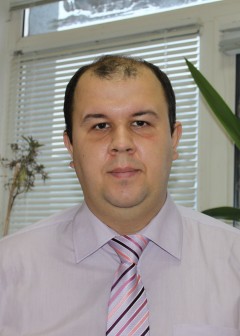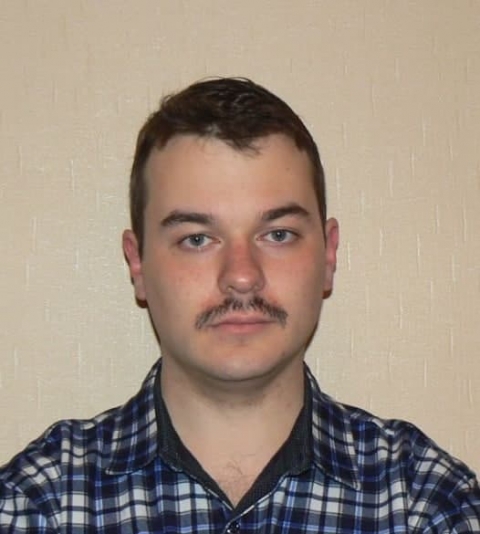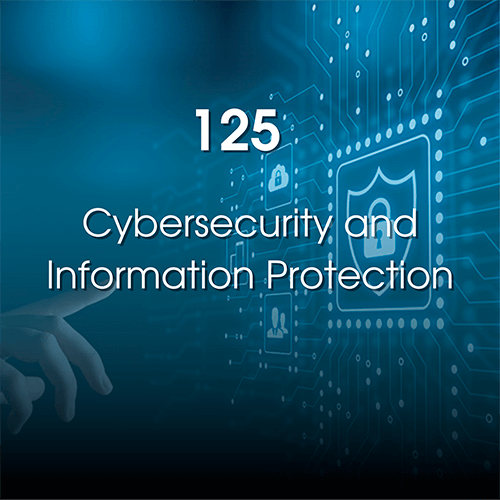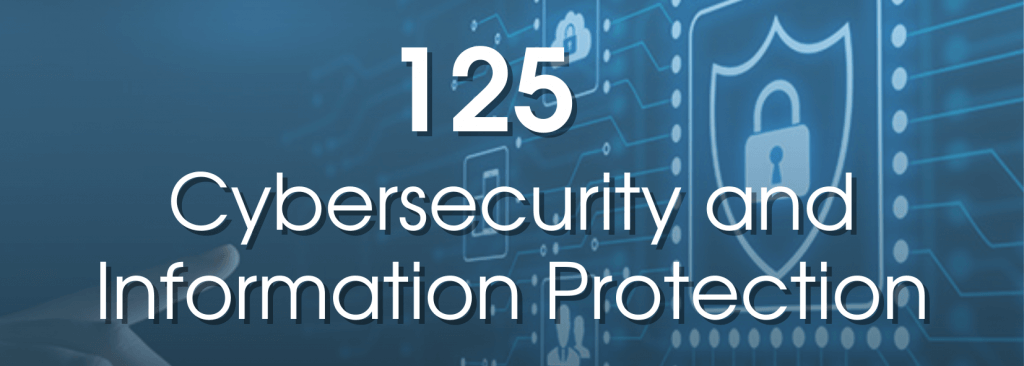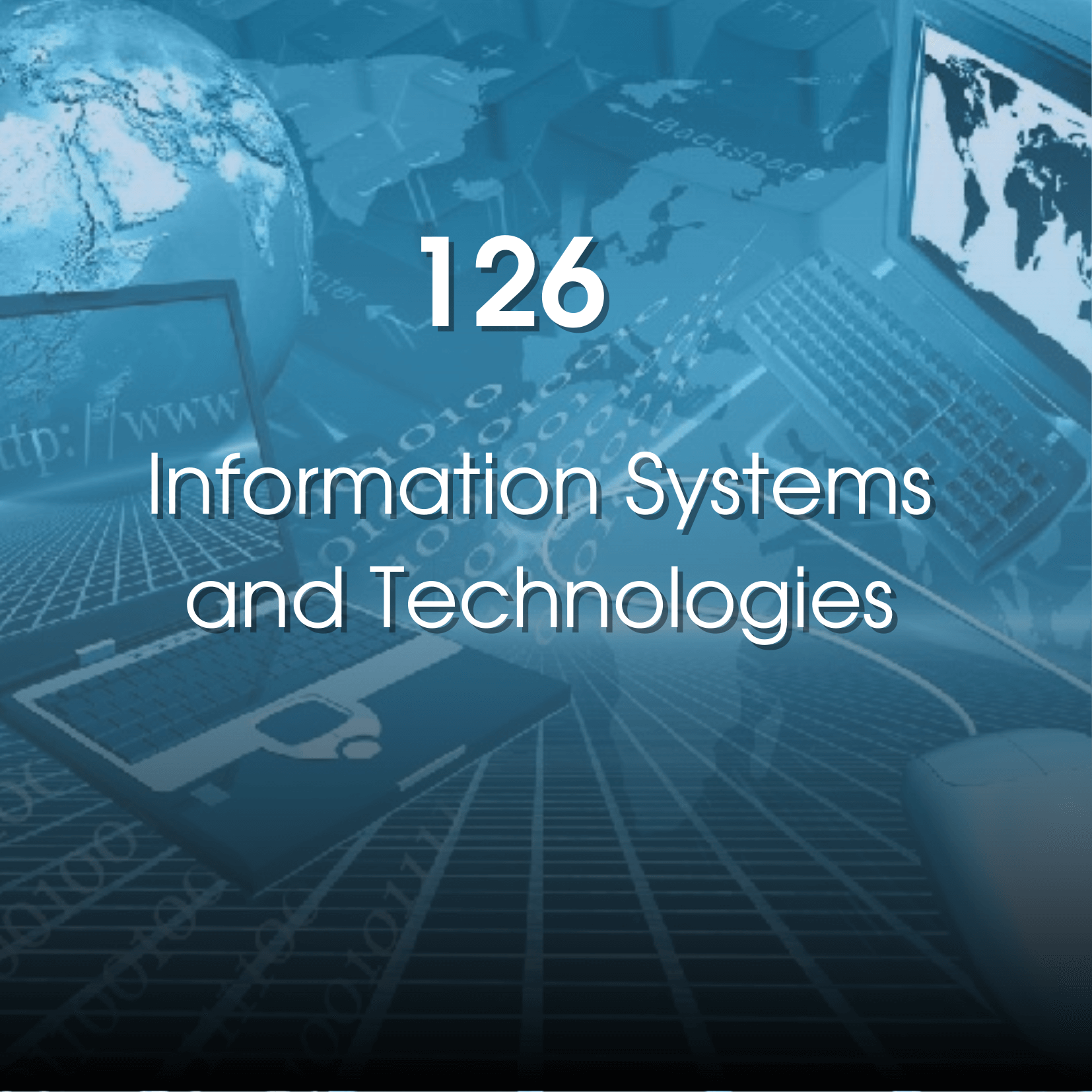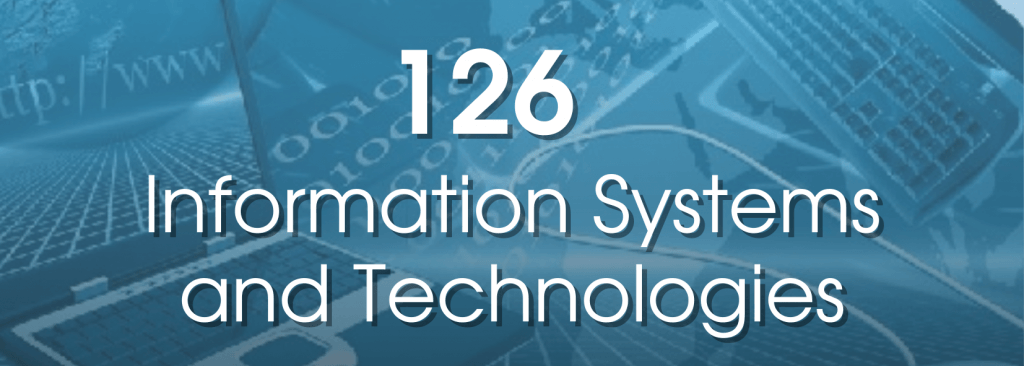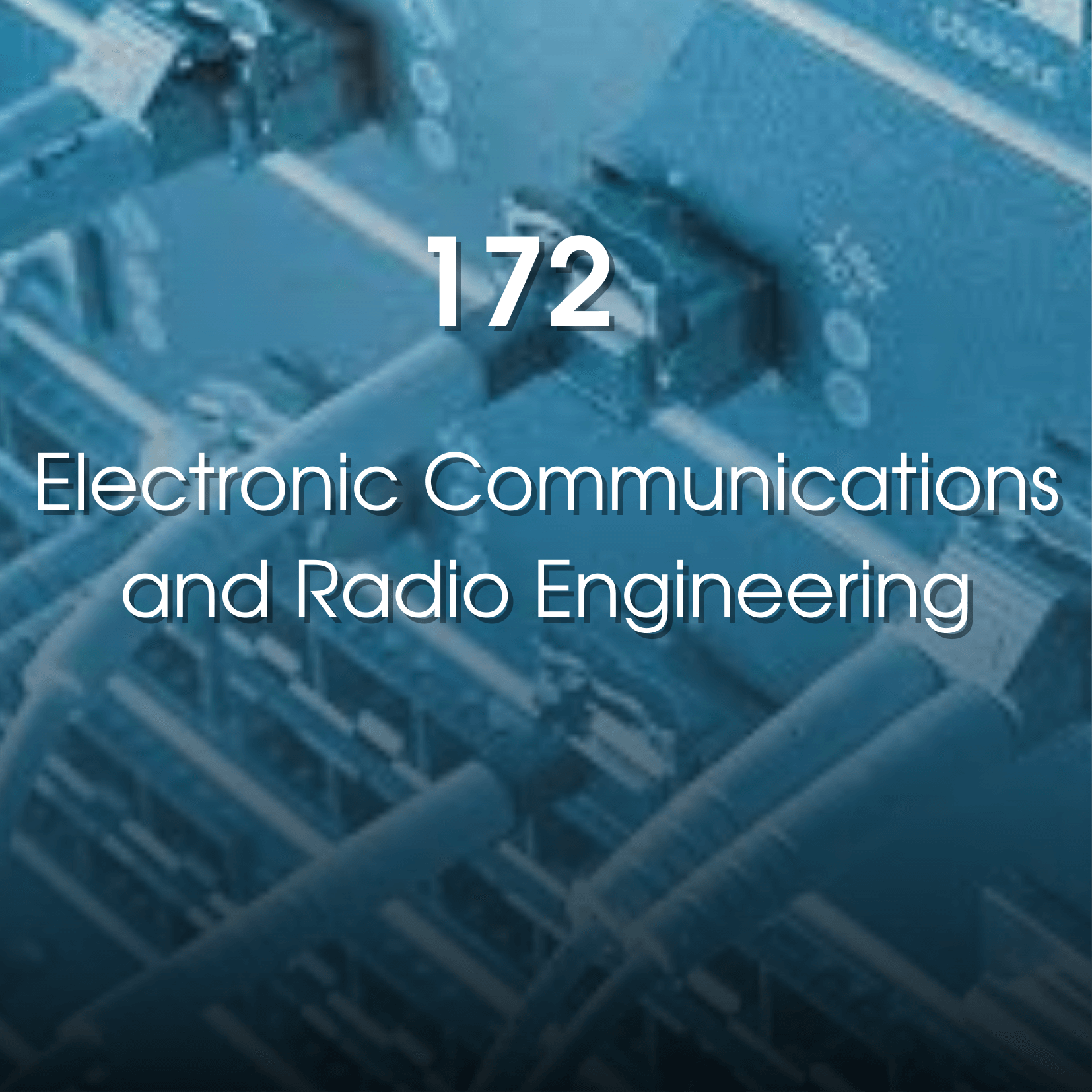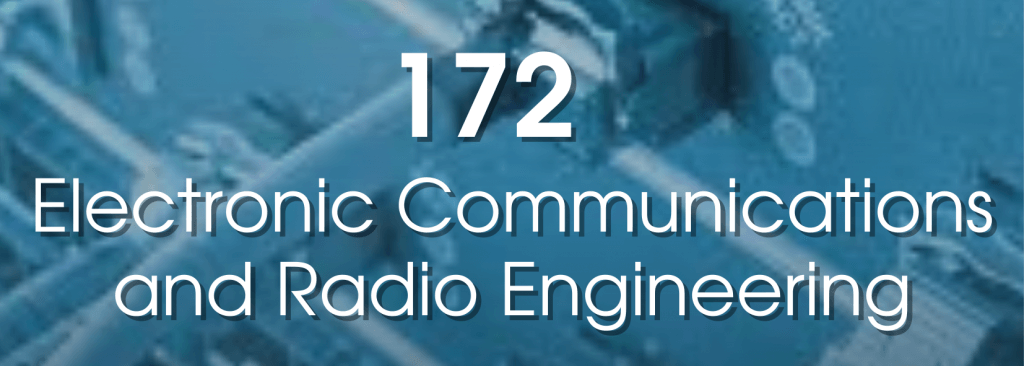Educational program telecommunication systems and networks - qualification level «Master»
Students learn:
- multi-level architecture and the design theory of modern and advanced telecommunication systems and networks (TSN);
- methods of development and design of telecommunications networks of the next generation: personal communication networks (Bluetooth, Zigbee, UWB), access networks (Ethernet) and transport networks (IP/ATM/MPLS);
- methods of planning, self-organization and optimization of wireless networks (Li-Fi, Wi-Fi, WiMax, LTE), including 2G/3G/4G mobile networks;
- principles and methods of planning and construction of radio frequency monitoring systems, as well as technical means and equipment for radio monitoring;
- electromagnetic compatibility methods in TSN;
- switching technologies, routing and network management, the latest cloud control technologies, services and support for network applications;
- principles and methods of TSN metrological assurance;
- modern principles, methods and algorithms of functioning, methods and algorithms for configuring network and server equipment;
- network protocol stacks and traffic management mechanisms;
- software terminal devices, network software, cloud platforms and service-oriented architectures;
- next generation digital television systems;
- international and corporate standards and hardware and software for network security and counter attacks;
- engineering methods of installation, operation and maintenance, prevention and control, diagnostics and repair of communication equipment;
Description of the educational program of «Telecommunication Systems and Networks»
Training in this educational program is carried out by the Department of Infocommunication Engineering, which also implements training of students in the specialty 125 Cybersecurity, the educational program «Information Security Management», and the educational program «Infocommunication Engineering» in the specialty 172 Telecommunications and Radio Engineering. This allowed the department to create a full system cycle of training specialists in the design, administration and operation of telecommunication systems and networks to ensure their cybersecurity. There are 49 lecturers and 15 laboratory technicians among the staff of the department. The department has 11 Doctors of Sciences, Professors, as well as more than 20 Candidates of Sciences, Associate Professors. The teaching staff is constantly updated with young lectures and specialists – graduates of postgraduate and doctoral studies at the department.
The educational and laboratory base of the department includes network, terminal and server equipment of academies, centers and laboratories of companies Cisco, etc., which cover all segments of telecommunication systems and networks: Next Generation Networks, Software-Defied Networks, wireless networks and mobile networks of 2G/3G/4G communication standards, access networks, transport networks, software, technical information protection and network security.
Students studying at the ICE department have the opportunity to study abroad at educational institutions in Sweden, Germany, Poland, etc. on double degree programs.
Basic courses of Telecommunication Systems and Networks educational program
- Modern Software Modeling Systems;
- Fundamentals of Research in Telecommunications and Radio Engineering;
- Next Generation Multiservice Communication Networks;
- Information Security Systems;
- Methods for Designing Multiservice Systems and Networks;
- Logistics in telecommunication Systems;
- Configuration and Engineering of Next Generation Networks;
- Perspectives of Wireless Systems;
- Transport Network Management Systems;
- Control and Adaptation Algorithms in TSN;
- Optical Technologies in Telecommunications;
- NGN Software Configuration;
- Enterprise Management and Network Administration;
- Internet Services and Cloud Services Platforms;
- Broadband Optical Telecommunication Systems;
- Sensor Systems and Self-Organizing Networks;
- Metrological Support of TSN;
- Convergence of Telecommunications Networks and Services;
- Internet-Based Peer-to-Peer and Virtual Private Networks;
- Service-Oriented Technologies and Services;
- Virtual Private Networks and Home Networks;
- Electromagnetic Compatibility Techniques in TSN;
- Infocommunication Services and Quality of Service in TSN;
- TV Systems of Next Generations.
The lecturers of the department constantly update the methodological support of academic disciplines.
Поповский В.В. Основы криптографической защиты информации в телекоммуникационных системах [Текст] / В. В. Поповский, А. В. Персиков. – Х.: Компания СМИТ, 2010. Ч. 1. – 2010. – 350 c. – ISBN 978-966-2028-56-0.
Поповский, В.В. Основы криптографической защиты информации в телекоммуникационных системах [Текст] / В.В. Поповский, А.В. Персиков. – Х.: Компания СМИТ, 2010. Ч. 2. – 2010. – 294 c. – ISBN 978-966-2028-56-0.
Багатоканальний електрозв’язок та телекомунікаційні технології [Текст]: підруч. У 2-х ч. Ч.1 / О. В. Лемешко, В. А. Лошаков, В. В. Поповський та ін. ; за заг. ред. проф. В.В. Поповського. − Х.: ТОВ «Компанія СМІТ», 2010. – 470 с. ISBN 978-966-2028-67-6, ISBN 978-966-2028-68-3 (Ч.1).
Багатоканальний електрозв’язок та телекомунікаційні технології [Текст]: підруч. У 2-х ч. Ч. 2 / О. В. Лемешко, В. А. Лошаков, В.В. Поповський та ін. ; за заг. ред, проф. В.В. Поповського. − X.: ТОВ «Компанія СМІТ», 2010. — 482 с. ISBN 978-966-2028-67-6, ISBN 978-966-2028-69-0 (Ч.2).
Поповский В.В. Математические основы управления и адаптации в телекоммуникационных системах [Текст]: учеб. / В. В. Поповский, В.Ф. Олейник. −: ООО «Компания СМИТ», 2011. − 362 с. ISBN 978-966-2028-72-0.
Методы научных исследований в телекоммуникациях [Текст]. В 2-х томах. Т.1.: учеб. пособие / под ред. проф. В. В. Поповского. − X : Компания СМИТ, 2013. − 390 с. ISBN 978-617-621-003-0, ISBN 978-617-621-004-7 (Т.1).
Методы научных исследований в телекоммуникациях [Текст]. В 2-х томах. Т.2.: учеб. пособие / под ред. проф. В. В. Поповского. — X : Компания СМИТ, 2013. − 330 с. ISBN 978-617-621-003-0, ISBN 978-617-621-005-4 (Т.2).
Холод Л.М. Метрологічне забезпечення в телекомунікаційних системах та мережах: навч. посібник для студентів ВНЗ [Текст] / Л.М. Холод, С.О. Сабурова, Ю.Ю. Коляденко. – Х.: Компанія СМІТ, 2017. – 172 с. ISBN 978-617-068-9.
Popovskyy V., Popovska K. Video Traffic Delivery over the Internet. Paperback. LAPLAMBERT Academical Publishing. 2017. 106 p.
Поповский В.В. Основы теории телекоммуникационных систем. LAPLAMBERT Academical Publishing. 2018. 565 c.
Поповський В.В. Основи теорії телекомунікаційних систем: підручник. – Харків: ХНУРЕ, 2018. – 368 с.
Телекомунікаційні системи та мережі. Структура та основні функції [Електронний ресурс] / В. В. Поповський та ін. Т. 1. Харків: СМІТ. Друге видання. Виправлено та доповнено. 2018. Режим доступу: http://www.znanius.com/3534.html.
Телекомунікаційні системи та мережі. Абонентський доступ і технології локальних мереж [Електронний ресурс] / В. В. Поповський та ін. Т. 2. Харків: СМІТ. Друге видання, доповнене. 2018. Режим доступу: http://www.znanius.com/3882.html?&L=0.
System and Technologies of Digital Television: manual for graduate students. [Text]/ V.A. Loshakov, V . Popovsky, S.O. Saburova, I.S. Shostko, M.Y. Oshepkov, K.O. Popovskaya, L.I. Melnikova. Under the general editorship of Professor V.A. Loshakov. – Kh: Company SMIT”, 2019. – 416 p.
Skills and competencies that a Bachelor’s degree student will acquire in the educational program of Telecommunication systems and networks:
- The ability to monitor and diagnose the status of equipment and software of information and telecommunication networks, networks of television and radio broadcasting, computer networks, transmission systems, switching systems, user terminal devices.
- The ability to analyze the results of measuring the parameters and operating characteristics of information and telecommunication networks, transmission systems, switching systems, etc.
- The ability to design new and modernize (restructure) existing information and telecommunication networks; to perform administration of the technical state of telecommunications network, management and synchronization of the communication network.
- The ability to mount, adjust and repair digital and optical modules of network equipment, network cable system.
- The ability to perform maintenance and recovery services for equipment of telecommunication networks, transmission systems, switching systems, etc.
- The ability to provide the nomenclature and standard quality of the communication services provision.
- The ability to ensure information security of information and telecommunication networks.
- The opportunity to study (Master’s degree, PhD) abroad in educational institutions of Sweden, Germany, Poland and other countries. The opportunity to participate in competitions, student contests of scientific works, technical exhibitions.
Students of the ICE department regularly participate and win at Olympiads and student work contests. For example, March 21-23, 2018 Odessa National Academy of Telecommunications named by O. S. Popov held the final scientific-practical conference of the II round of the All-Ukrainian competition among student research papers in the specialty «Telecommunications». Sereda-Levitina Bohdana (group TK-14-4) with the work on the subject «Research of Fault-Tolerant Routing with Load Balancing» (research supervisor Prof. Lemeshko O.V.) took the 3rd place in the section of «Information Communication Networks».
A graduate in the educational program of «Telecommunication systems and networks» can work as:
- DevOps;
- System Administrator;
- System Engineer;
- Network Engineer;
- Network Administrator;
- Network Security Manager;
- Security Engineer;
- System Analyst;
- Bysniness Analyst;
- Security Auditor;
- CyberOps;
- Security Operations Center, SOC;
- Project Manager;
- Technical Product Manager / Product Lead / Product Director / Group Product Manager ;
- QA engineer.
Our graduates are successfully employed and work as engineers and managers in telecommunications firms and companies in Ukraine, such as Ukrtelecom, Ukrchastotnadzor, Lifecell, Vodafone, Kyivstar, Velton Telecom and others; design engineers in companies and enterprises for the design, development, operation and maintenance of electronic and computer equipment, network and server equipment. Our best graduates work in Cisco, Google, Oracle and Facebook in different parts of our planet.
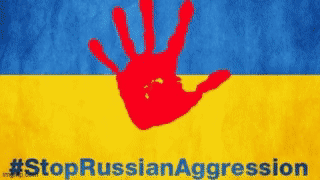
 Українська
Українська
